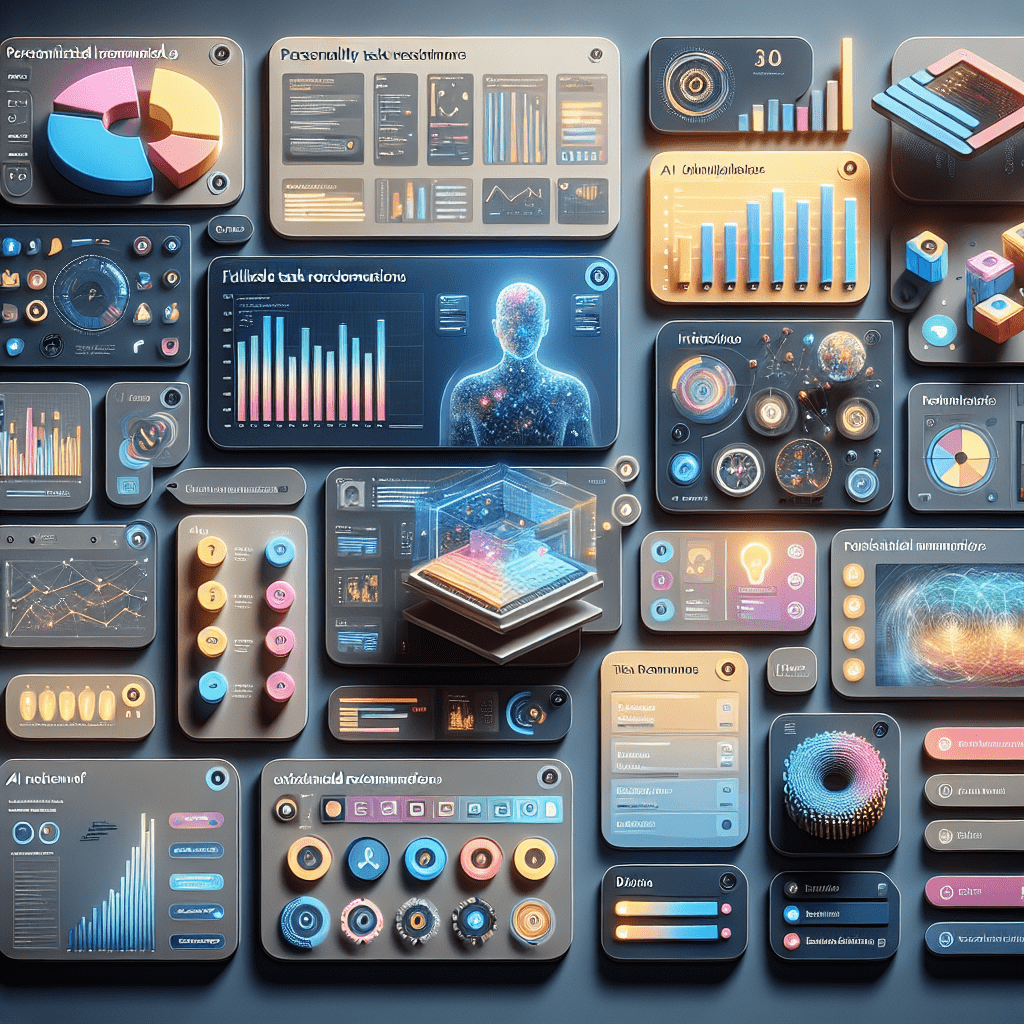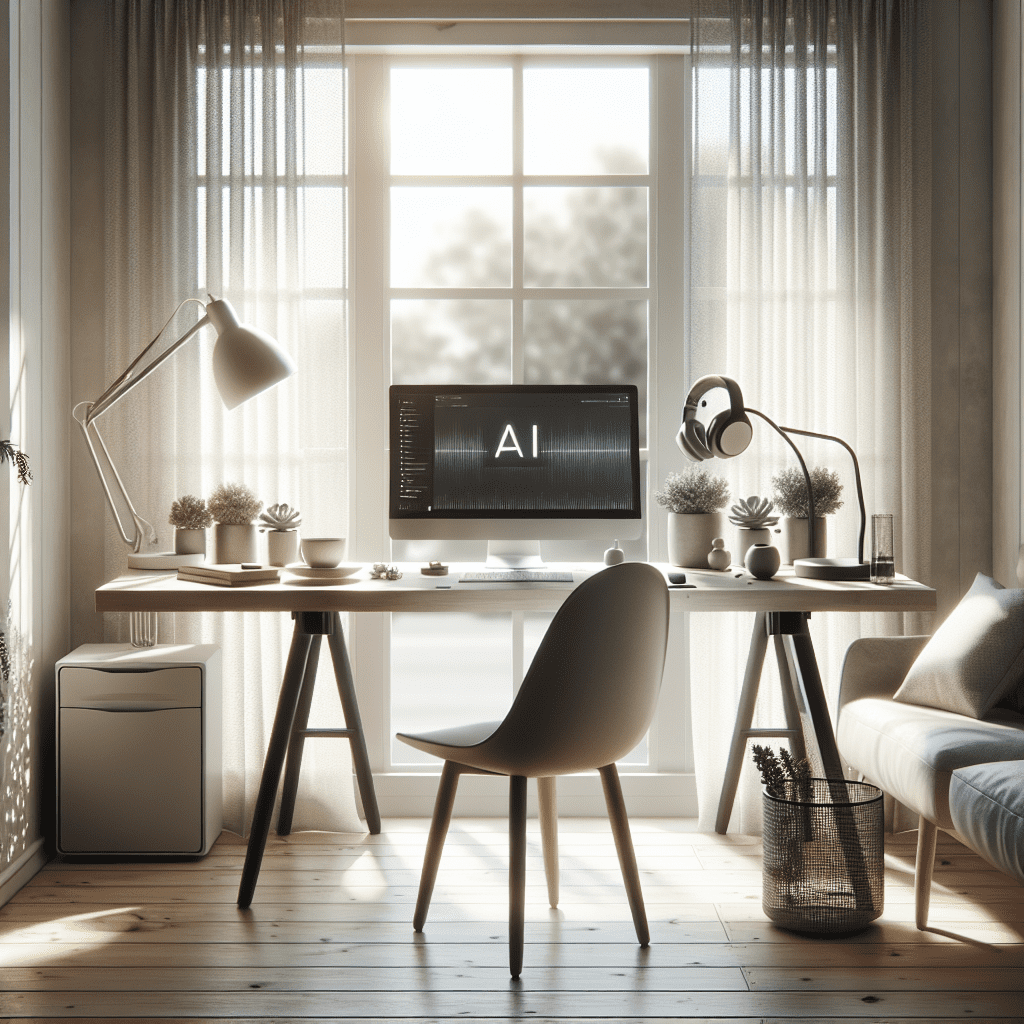Table of Contents
In today’s fast-paced world, maximizing productivity has become a universal pursuit. As artificial intelligence (AI) rapidly advances, it is revolutionizing the way we approach our daily tasks and optimize our time. From intelligent scheduling assistants to personalized task recommendations, AI is empowering individuals across the globe to achieve more with less effort. This article explores the transformative impact of AI on productivity and how it is reshaping the way we live and work.
The Rise of AI-Powered Productivity Assistants
One of the most significant ways AI is enhancing productivity is through the development of intelligent virtual assistants. These AI-powered tools, such as Siri, Alexa, and Google Assistant, have become ubiquitous in our daily lives, helping us manage our schedules, set reminders, and streamline our tasks.

As Cynthia Breazeal, Director of the Personal Robots Group at MIT, explains, “AI assistants are not just about convenience; they are about augmenting human capabilities and freeing up mental bandwidth for higher-level thinking and creativity.”
Optimizing Time Management with AI Scheduling
Another area where AI is making significant strides in productivity is intelligent scheduling. AI algorithms can analyze our calendars, email correspondence, and task lists to identify patterns and suggest optimal times for meetings, focused work, and breaks.
For example, the AI-powered calendar assistant, x.ai, uses natural language processing to coordinate meetings, taking into account time zones, availability, and preferences. By automating the scheduling process, AI frees up valuable time and mental energy that can be redirected towards more productive endeavors.
Personalized Task Prioritization and Recommendations
AI is also revolutionizing task management by providing personalized recommendations based on individual work styles, goals, and constraints. Machine learning algorithms can analyze our past behavior, project requirements, and deadlines to suggest the most efficient task order and allocation of time.

Tools like Trello and Asana are integrating AI to offer smart suggestions for task categorization, delegation, and scheduling. By tailoring task management to individual needs, AI helps users focus on the most impactful activities and avoid productivity pitfalls.
Automating Repetitive Tasks and Workflows
AI’s ability to automate repetitive and time-consuming tasks is another significant contributor to enhanced productivity. From data entry and document formatting to email filtering and social media management, AI-powered tools are taking over mundane tasks, allowing humans to focus on higher-value work.
For instance, Grammarly, an AI-powered writing assistant, not only corrects grammar and spelling but also offers suggestions for improving clarity, tone, and style. By automating the editing process, Grammarly enables users to produce high-quality content more efficiently.

Enabling Seamless Cross-Cultural Collaboration
In today’s globalized world, cross-cultural collaboration is essential for productivity. However, language barriers and cultural differences can often hinder effective communication and teamwork. AI is bridging these gaps through real-time translation and cultural adaptation tools.
Platforms like Microsoft Teams and Slack are integrating AI-powered translation features, allowing team members to communicate seamlessly across languages. Additionally, AI is being used to analyze cultural nuances and provide guidance on effective communication styles, fostering better understanding and collaboration among diverse teams.
Enhancing Focus and Minimizing Distractions
Distractions are a major productivity killer in the digital age. AI is helping combat this issue by providing tools for better focus and attention management. For example, the app Freedom uses AI to analyze users’ device usage patterns and suggest personalized blocklists and schedules to minimize distractions.

Moreover, AI-powered noise-canceling headphones, like the Bose Noise Cancelling Headphones 700, use advanced algorithms to adapt to individual environments and provide optimal noise reduction, creating a focused workspace anywhere.
Conclusion
The integration of AI into our daily lives is transforming the way we approach productivity on a global scale. From intelligent assistants and optimized scheduling to personalized task management and automated workflows, AI is empowering individuals to achieve more with less effort. As AI continues to advance, it holds immense potential to revolutionize the way we live and work, enabling us to focus on what matters most and reach new heights of productivity and fulfillment.
As we embrace this AI-powered future, it is essential to approach it with a balanced perspective, recognizing the benefits while also addressing the potential challenges and ethical considerations. By harnessing the power of AI responsibly and inclusively, we can create a future where enhanced productivity goes hand in hand with improved well-being and greater opportunities for all.